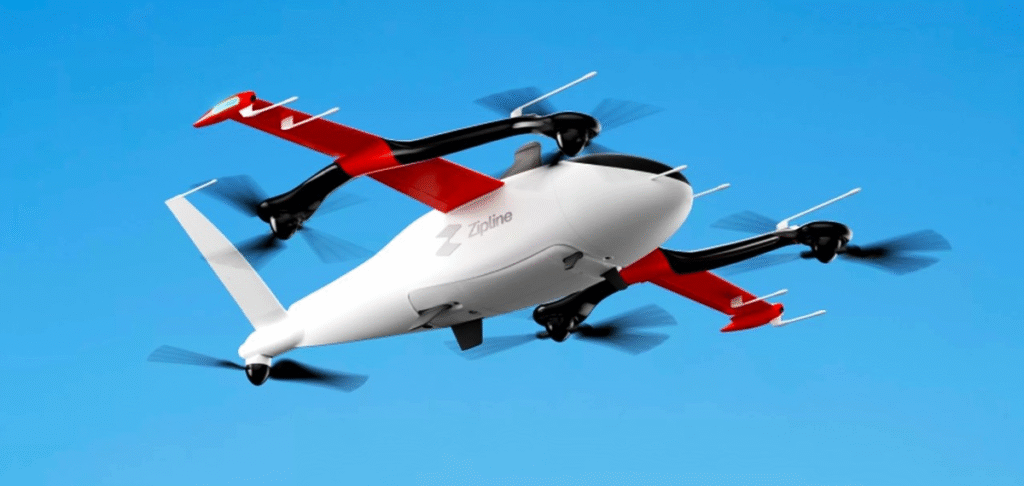Kenya is increasingly being recognized as a continental leader in the adoption and application of drone technology across multiple sectors. This status was prominently highlighted during the 2024 Elevate Africa Unmanned Aircraft Systems (UAS) Summit, where experts and stakeholders from across the continent converged to explore the future of drone technologies.

The event, organized by Pavan Ananth, Founder and CEO of Pravesh Global, brought together UAS professionals, regulators, innovators, and policy-makers. According to Pavan, Kenya continues to stand out as one of the most progressive African nations when it comes to integrating drone technology into its socio-economic landscape. He emphasized that the country is playing a pivotal role in pushing forward innovation, encouraging entrepreneurship, and promoting diversity through the strategic deployment of drones.
“The 2024 Summit served as a powerful reflection of Kenya’s leadership in the drone industry. It underscored how the country has embraced unmanned aerial systems not only for technological advancement but also for social impact and economic transformation,” said Pavan. “Kenya is clearly setting the pace for Africa’s drone revolution.”
The global unmanned aerial systems (UAS) market is experiencing significant growth, with industry projections estimating that its value could surpass $43 billion by 2025. While this growth is being seen worldwide, Africa is poised to benefit greatly, and Kenya is positioning itself to be at the heart of this transformation.
One of the key attendees at the Summit, Nominated Senator Tabitha Munene, echoed the sentiments expressed by industry leaders. She pointed out that drones are already making a significant impact on several critical sectors within the country. “In Kenya, drones have already demonstrated their potential in enhancing healthcare delivery, supporting agricultural productivity, and improving emergency response,” said the senator.
Senator Munene also noted that the Kenyan government has developed and is actively implementing a comprehensive policy framework to ensure the successful rollout of drone technologies across other sectors. “The National Drones Strategy lays out a clear and actionable roadmap to support drone integration across various industries,” she said. “This strategy includes provisions to empower youth and women, and also fosters support for research and innovation through local drone startups.”
From a regulatory standpoint, Kenya is also taking deliberate steps to ensure that this burgeoning industry grows in a safe and sustainable manner. Anne Gitau, Director at the Kenya Civil Aviation Authority (KCAA), highlighted ongoing efforts to establish a robust regulatory infrastructure that can accommodate the rapid evolution of drone technology.
“As the global drone industry continues to expand at an unprecedented pace, it’s imperative that our regulations evolve alongside it,” said Gitau. “The KCAA is working diligently to create a legal and operational environment that ensures both innovation and safety. We aim to position Kenya as a regional leader not just in drone adoption, but in regulatory excellence as well.”
Gitau added that Kenya’s approach is not only about enabling technological innovation but also about ensuring responsible and compliant use of drone systems, particularly as the demand for drone-related services continues to rise.
As Africa navigates the fourth industrial revolution, Kenya is clearly emerging as a center of excellence for drone innovation. The nation’s proactive stance—marked by supportive legislation, government engagement, and a growing ecosystem of drone startups—positions it well to harness the economic and developmental potential of this transformative technology.


